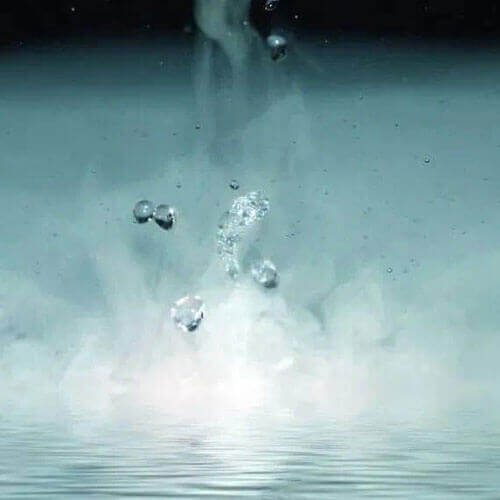Evaporation | Definition, Factors and Measurement - Renke
The role of evaporation sensor in water-saving irrigation
The basic principle of evaporation sensor
The evaporation sensor is a device used to measure the evaporation in liquid or gas. It determines the evaporation by monitoring the speed at which steam is discharged from the surface of the liquid or gas. The sensor is often used in industrial production, meteorological observation and scientific research to help monitor and control the humidity and temperature in the environment. The evaporation sensor adopts the pressure measurement principle. It measures the weight change of the liquid in the evaporation dish and calculates the liquid level to measure the evaporation.
Specific application of evaporation sensor in water-saving irrigation
Provide scientific basis
In the field of smart agriculture, evaporation sensors can monitor the evaporation of soil moisture in real time, provide scientific basis for farmland irrigation, thereby improving the efficiency of water resource utilization and reducing agricultural production costs. By understanding the local water evaporation, farmers can better understand when irrigation is needed and the amount of irrigation, and avoid water waste caused by excessive irrigation.
Achieve precise irrigation
The evaporation sensor can be combined with the intelligent platform. When the humidity sensor feedback result is that the soil is dry, the intelligent platform will start the irrigation system in time to carry out corresponding irrigation scheduling; on the contrary, when the humidity sensor detects that the moisture has reached the appropriate standard, the irrigation system will be turned off to achieve the effect of precise irrigation. In this way, evaporation sensors can help achieve on-demand irrigation, ensuring that crops are replenished with water when they need it most, while maximizing water conservation.
Automatic monitoring and data storage
Evaporation sensors can be used in conjunction with data acquisition and transmission devices to achieve automatic monitoring of the evaporation process, and can also be used in combination with data acquisition and storage devices (recorders) to achieve automatic storage of evaporation data. These data are very valuable for analyzing long-term evaporation trends and optimizing irrigation strategies, and help to formulate more scientific and reasonable irrigation plans.
Adapt to a variety of environments
Evaporation sensors can adapt to water surface evaporation measurements in various environments, are not affected by liquid freezing, and overcome the shortcomings of inaccurate measurements when freezing, easy damage to sensors when there is no water, and low measurement accuracy when using ultrasonic principles to measure liquid level height. This allows evaporation sensors to work stably under different climatic conditions and geographical environments, providing technical support for water-saving irrigation worldwide.
Summary
Evaporation sensors play a vital role in water-saving irrigation. It can not only provide scientific irrigation basis, but also achieve precise irrigation, automatic monitoring and data storage, and adapt to a variety of environmental conditions. By rationally using evaporation sensors, the efficiency of water resource utilization can be significantly improved and the sustainable development of agriculture can be promoted.
read more..
Search for Evaporation | Definition, Factors and Measurement - Renke in the web..






